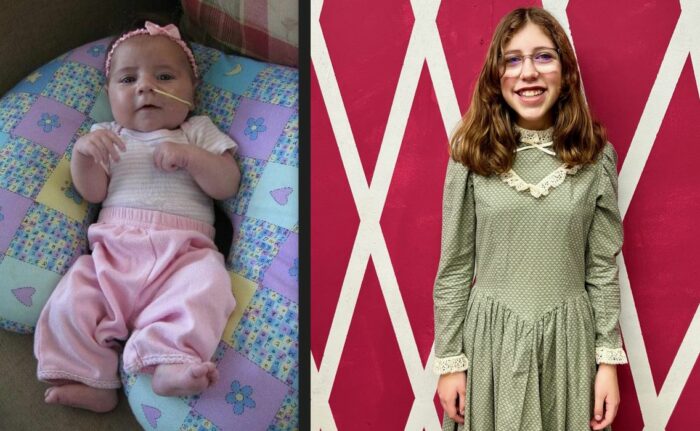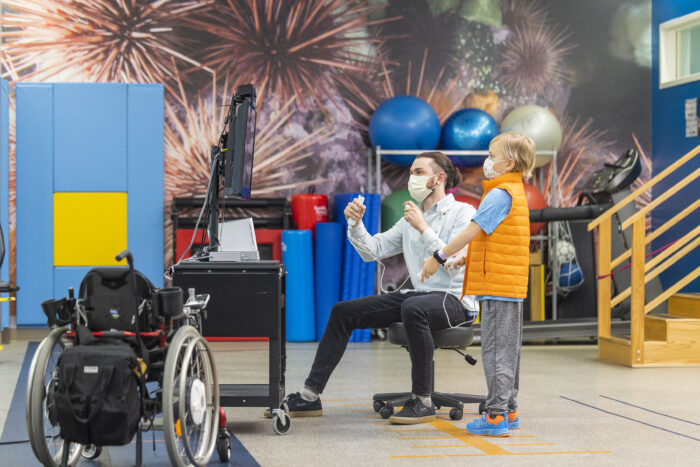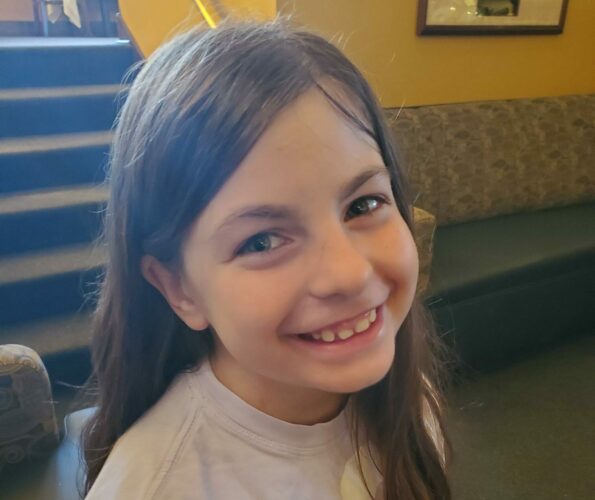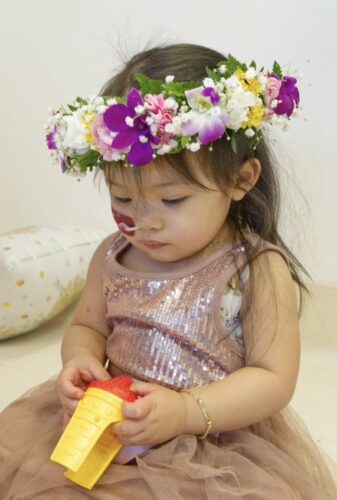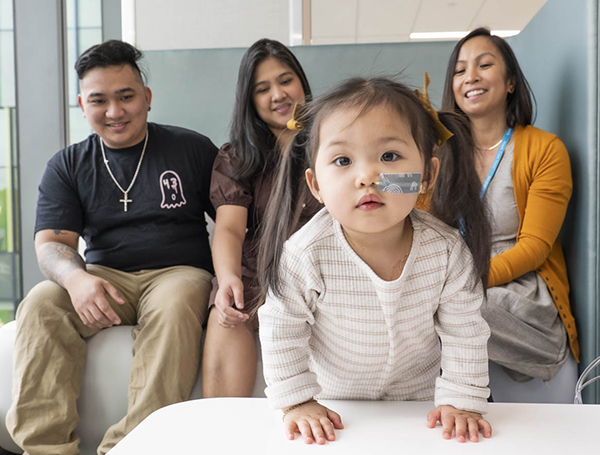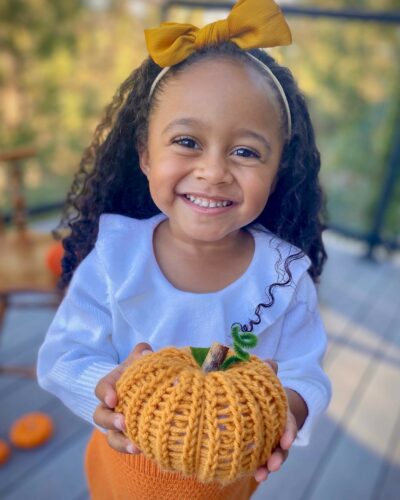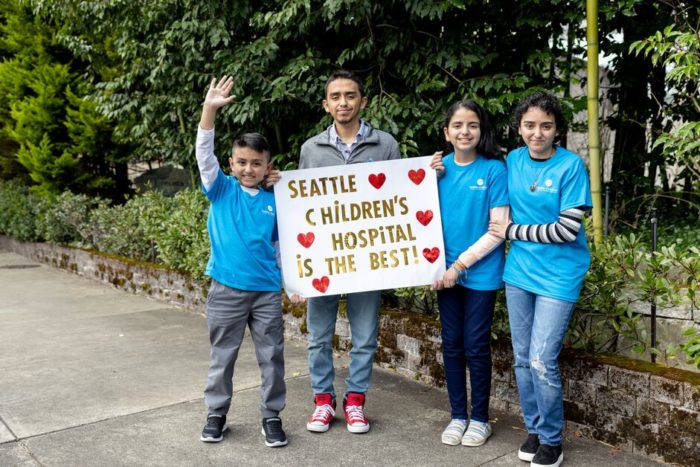In February of 2024, the Seattle Children’s Heart Transplant and Cardiac Surgery teams reached a remarkable milestone moment during American Heart Month by completing 300 heart transplants since the Heart Transplant Program was established in 1994.
Seattle Children’s Therapeutic Gaming Program brings the power of video games, virtual reality and other therapeutic technology to enhance patient experiences and improve outcomes. The program uses a variety of video games, consoles and technologies to help patients cope with the stress and boredom of hospitalization, as well as to provide opportunities for socialization, education […]
When Jen Campbell watches 10-year-old Hannah step on the soccer field, she’s filled with immense pride. “I’m very blessed to have kids who want to play sports because that’s an outlet for them,” she explained. “Not only an outlet physically, but also emotionally and socially.” The busy mom of four not only shuffles practice, tournaments […]
In July 2021, Kaelyn, a seemingly healthy, happy 10-month-old, woke up one morning with a puffy face. Her parents, Christine and Jerome, assumed she was having an allergic reaction. They took her to the nearest hospital in their hometown of Honolulu, Hawaii, where she underwent various tests to determine the cause. In the hospital, Kaelyn’s […]
This is the second holiday season Seattle Children’s Building Maintenance Technician Jerome Ramos will spend with his family in the hospital. His daughter has been in the hospital waiting for a heart transplant since July 2021. Before coming to Seattle Children’s, 10-month-old Kaelyn, of Honolulu, Hawaii, was experiencing shortness of breath. When her face puffed […]
After receiving a life-saving liver transplant at Seattle Children’s, 4-year-old Ruby Josephine Mwamba is thriving and living a dramatically different life than she was at this time last year. Ruby was born with biliary atresia, a liver condition that occurs when a baby’s bile ducts do not form normally and are unable drain bile. Bile […]
“She has so much more energy and is eating so much more. She is also moving and walking more than she ever did.” Four-year-old Stella Allison has always loved telling jokes and playing dress up. With energy that is contagious and a smile that lights up a room, her mom Kyley Barthlow says Stella has […]
April marks National Donate Life Month, a time devoted to spreading awareness about the tremendous need for increasing the number of organ, eye and tissue donors. According to the United Network for Organ Sharing (UNOS), more than 100,000 people in the U.S. need a lifesaving organ. One organ and tissue donor can save or enhance […]
Having one child in need of a liver transplant can be tremendously challenging for a parent. Eugenia and Justino Hurtado have four. All four of the Hurtado children were born with Maple Syrup Urine Disease (MSUD) — a rare genetic metabolic disorder in which the body is unable to break down certain parts of proteins […]
When Amanda Thorlacius found out she was pregnant with a little girl, she was overjoyed. But she wondered if her daughter would inherit the same genetic condition that robbed her of a normal childhood. “Give me all the diseases in the world, but don’t give Alagille syndrome to my children,” Amanda said. Alagille syndrome (ALGS) […]

